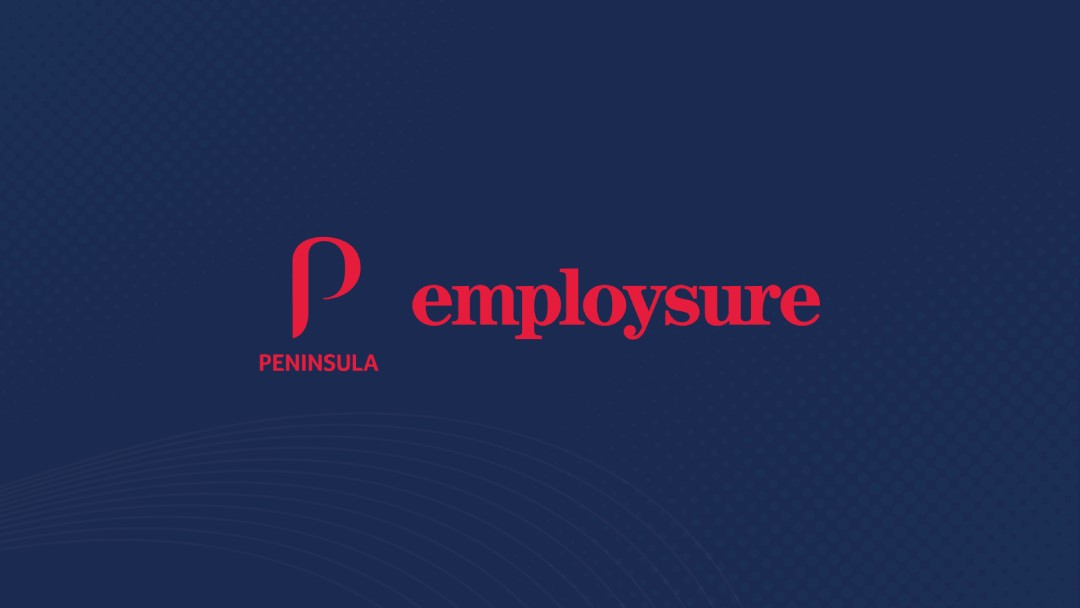
Most jobs involve some level of stress. Employees, managers, senior leaders, and business owners all may unquestionably face stress at the workplace. A small amount of stress from time to time may not be a problem. However, if you have ongoing stress at work, it can impact you personally and professionally. What particularly constitutes as workplace stress? How do you deal with work related stress?
What is workplace stress?
According to the Australian Psychological Society, work-related stress or workplace stress occurs when the demands of the work exceed the resources, we have for managing those demands. People can explicitly feel stressed if there is a lack of clarity between what is expected and what they are capable of.
The effects of workplace stress are not generally limited to the workplace for employers and employees. The effects of stress in the workplace are felt by employees in their personal lives as well. When occupational stress becomes excessive, it can cause significant problems for psychological and physical health. Stress can also affect your capacity to think clearly and make conscious or rational decisions.
Work-related stress is estimated to cost Australian businesses more than $10 billion a year in lost productivity and sick days.
Signs of employee stress in the workplace
Prolonged or excessive work-related stress can be damaging to your physical and mental health. Stress is not the same as a mental health condition, but long-term stress can lead to anxiety, burnout, and depression.
Stress can manifest in various ways in the workplace. Below are some signs of workplace stress:
Fatigue
Social withdrawal
Isolation
Mood swings
Reduced productivity
What causes stress in the workplace?
There is no singular cause of workplace stress. There are many things that can cause stress. They are called ‘stressors.’ Your stressors will change over time as your life and goals change.
Studies have found genetic differences in genes that direct the production of stress hormones, and that there are differences in the way stress impacts on these genes. This may be the reason why people respond differently to stress, and why some are more vulnerable to the effect of chronic exposure to stress.
Work related stress is the result of several factors. For example, a combination of long working hours and a heavy workload can lead to stress in employees.
A negative or toxic work environment can also contribute to stress. The most common causes of stress in the workplace are:
Pressure to perform- Employees are pressured to meet targets or goals. This is a common cause of stress among target-based roles such as sales, retail, and finance.
Long hours- Working long hours can impact your mind and body. Employees in critical services or roles such as frontline workers put in long hours due to the nature of their work. This leads to stress and fatigue among workers.
Organisational changes- Micro-management, lack of clarity on important issues, office politics, and confusion about responsibilities can contribute to stress at work.
Bullying- If your employees are being bullied at work, they can feel stressed.
Excessive workloads- Excessive and unmanageable workloads cause stress among employers and employees. Current labour shortages have seen increase in workloads for existing employees in the retail, hospitality, and health care industry. Employees in these industries have reported increased levels of stress due to excessive workloads.
The effects of stress in the workplace
As mentioned previously, the effects of stress are not limited to the workplace. It can impact other aspects of your life as well. Some of the common effects of stress in the workplace are:
Unhealthy behaviours (smoking, alcohol, drugs)
Reduction in employee productivity
Increase in absenteeism

Mental Wellbeing Guide for Business Owners
Download NowBenefits of preventing stress in the workplace
It is important for businesses to recognise work related stress as a health and safety issue. By recognising it and preventing it, employers can achieve a positive and healthy workplace.
The benefits of preventing stress in the workplace are:
Increased productivity
Reduced sick leave usage
Reduced costs (to the employer)
Improved employee health and wellbeing
Increased employee engagement
Stress leave
Under the Australian Government’s National Employment Standards (NES), employees may take leave from work due to personal reasons. An employee can take paid personal/carer’s leave:
If they are unfit for work because of their own personal illness or injury (including pregnancy-related illness), or
To provide care or support to a member of their immediate family or household, because of a personal illness, injury or unexpected emergency affecting the member. A member of the employee’s immediate family means a spouse (or former spouse), de facto partner (or former de facto partner), child, parent, grandparent, grandchild, or sibling of the employee; or a child, parent, grandparent, grandchild or sibling of the employee’s spouse or de facto partner (or former spouse or de facto partner).
The personal illness mentioned above includes stress and anxiety. Stress leave is personal leave that employees can take to rest and recover from stress related issues. Stress leave is not a separate category of leave in Australia. The length of your leave will depend on your annual sick leave allowance and any further allowance offered by your employer. It will also depend on your contract or agreement.
Employer obligations for stress leave
According to Work Health and Safety (WHS) laws, employers have a duty of care for employees’ safety. If you’re a person conducting the business or undertaking (PCBU), you must ensure workers’ and others’ health and safety. This includes ensuring their psychological safety.
How do employers grant stress leave?
Stress leave can fall under personal/carer’s leave. Employees get:
10 days each year for full-time employees
Pro rata 10 days each year for part-time employees
An employee’s entitlement to paid personal/carer’s leave accumulates progressively during a year of service, based on their ordinary hours of work. The entitlement to 10 days of personal/carer’s leave can be calculated as 1/26th of an employee’s ordinary hours of work in a year. Personal/carer’s leave accumulates from year to year.
Employers grant stress leave in the same manner as they would grant any leave (or personal leave). If you use a HR software in your business, you should use it for applying for stress leave.
Worker’s compensation (Worker cover for stress)
Australian workers’ compensation schemes exist to support workers in the event of a work-related injury. Employers in each state or territory are required to have workers’ compensation insurance to cover their workers.
On average each year there are nearly 10,000 accepted claims for psychological injuries in Australia with about three quarters of those resulting in more than one week time off work or ‘time lost’ according to Safe Work Australia.
To make a Workcover claim for stress or claim workers’ compensation, you must have been diagnosed with a qualifying stress related condition, referred to as a psychological injury. To be eligible to claim work injury damages, the worker’s injury must have:
Resulted from the employer’s negligence or other tort (wrongful act), and
Satisfy a permanent impairment threshold of at least 15 per cent whole person impairment
The relevant workers’ compensation authority depends on your state or territory:
Australian Capital Territory: WorkSafe ACT
New South Wales: State Insurance Regulatory Authority (NSW)
Northern Territory: NT WorkSafe
Norfolk Island: Norfolk Island Workers Compensation Agency
Queensland: WorkCover Queensland
South Australia: ReturnToWork SA
Tasmania: WorkCover Tasmania
Victoria: WorkSafe Victoria
Western Australia: WorkCover WA
How can employers reduce stress in the workplace?
There is no one size fits all approach for reducing stress in the workplace. The primary focus of employers should be creating a positive and supportive environment for employees. A poor environment increases the likelihood of tension and stress.
Introduce workplace wellness schemes- If your workplace integrates wellness and wellbeing, it can help reduce stress. Exercise, healthy living, and wellbeing are ways to improve employee moods. You can encourage your employees to take their lunch breaks away from their desks. Or suggest they go on a walk. Hold a yoga or meditation workshop once a month in the office. Studies have shown that employees felt happy when employers regularly stocked the office refrigerator.
Encourage regular breaks- Working for long hours without a break can cause fatigue, tension, and stress. Ensure your employees are getting regular breaks between their meetings and workday. A lounge or kitchen can be a perfect place for employees to decompress. If possible, consider implementing meeting free days so employees have the freedom to focus on their tasks without getting overwhelmed with meetings.
Create open communication with your employees- Can your employees honestly communicate with you? Do they need help in handling stress? Creating open communication lines with your employees makes them feel valued and supported.
Allow for flexible hours and remote working- Having a work-life balance can reduce stress at work. Trust your employees and encourage flexibility in working. Remote working also works wonders for office morale, displaying your trust in employees.
Create clear promotion and reward pathways- Your employees will appreciate a clarity around career pathways and promotions. Rewarding pathways is not just about monetary rewards. If your employees know that you recognise their efforts and hard work, it motivates them and keeps them engaged and happy.
How can Employsure help you?
We can help ease your stress of running a business and managing staff challenges. Call our 24/7 Advice line today.
The advice contained in this document is general information and not to be replaced with medical or professional advice. If you suffer from stress or any other mental health related illness, please contact a qualified medical professional. If you need legal advice about your leave entitlements, please contact a qualified employment relations professional.



